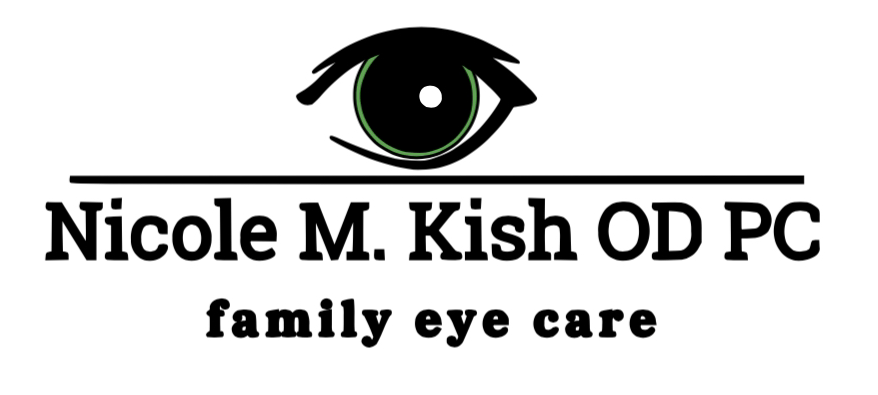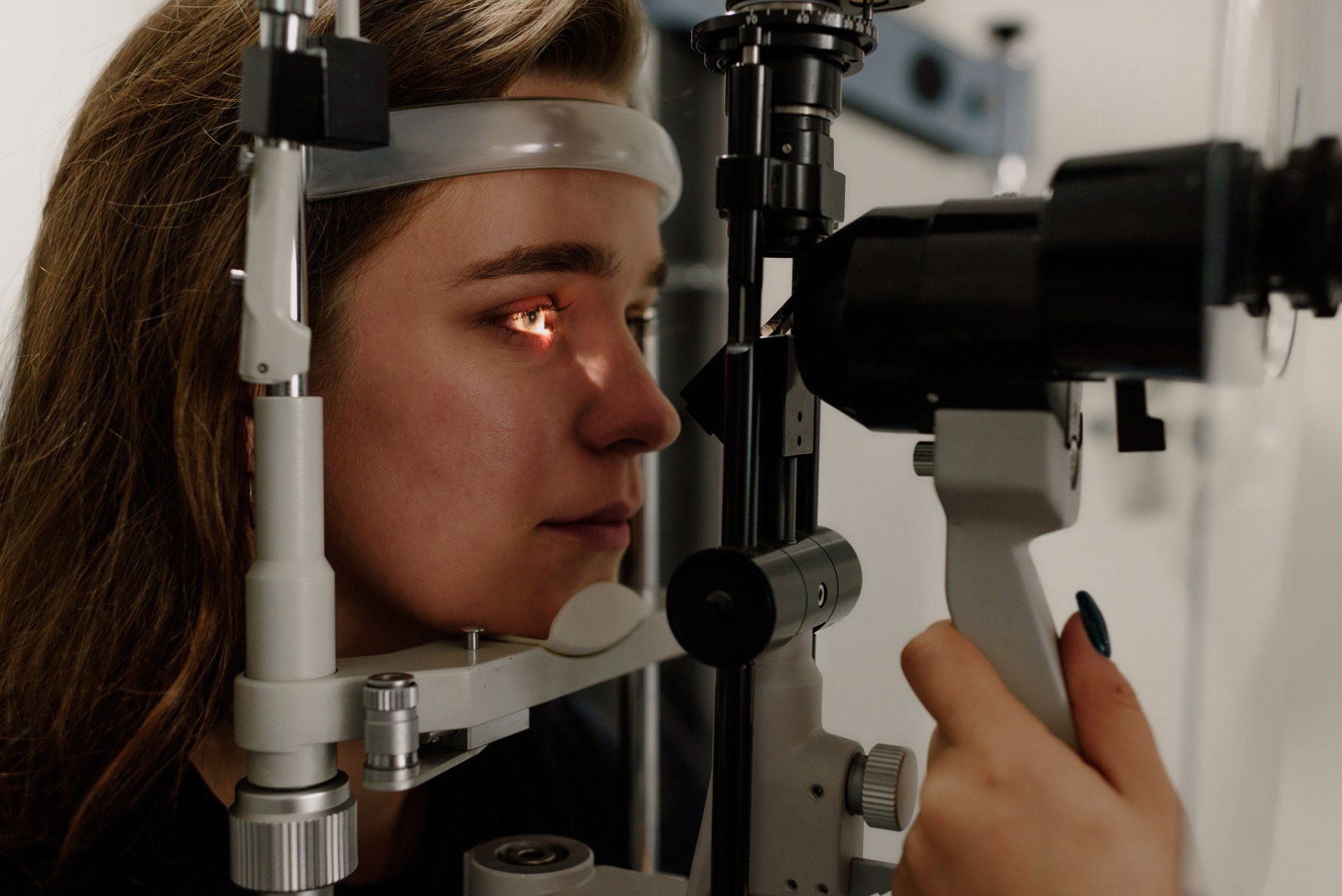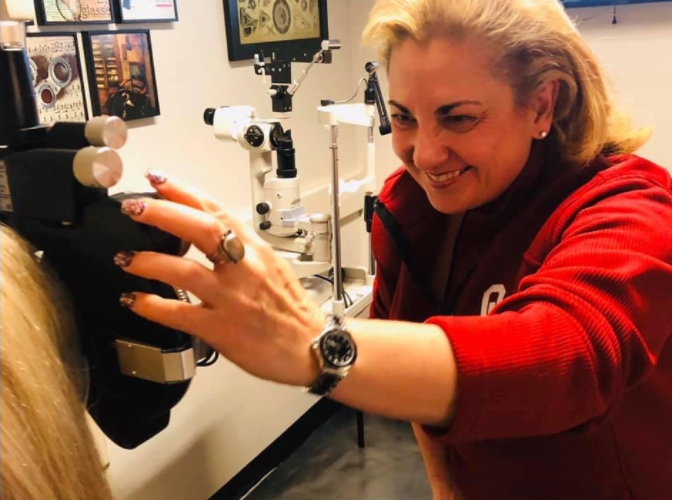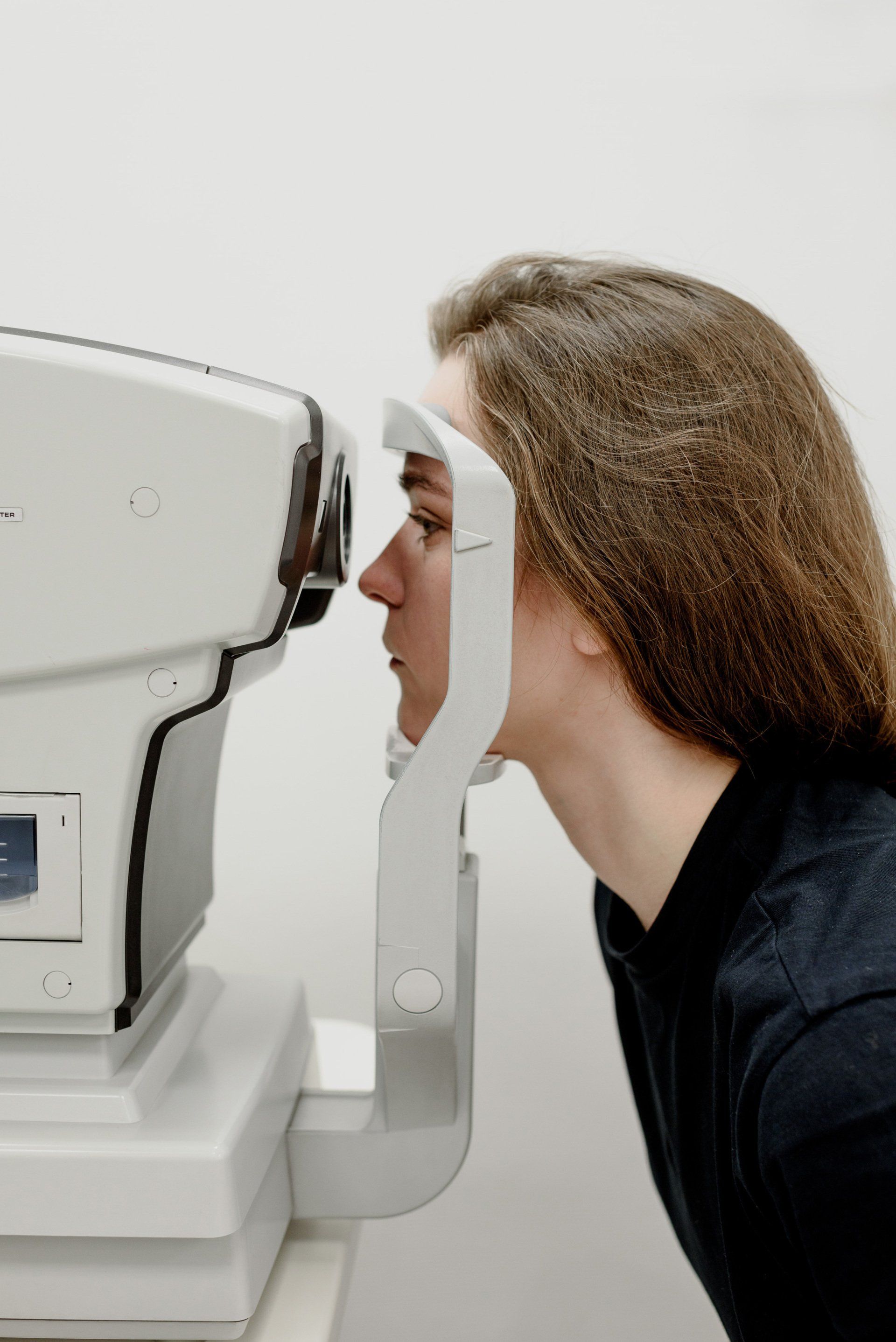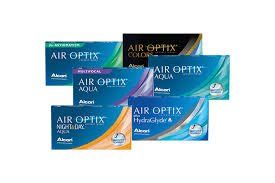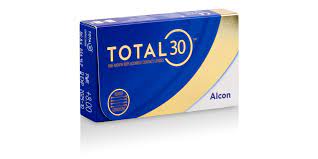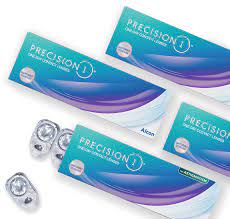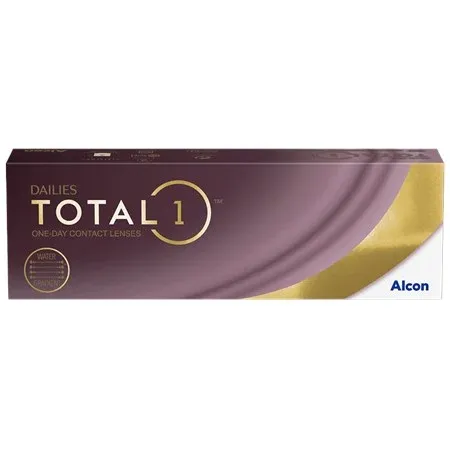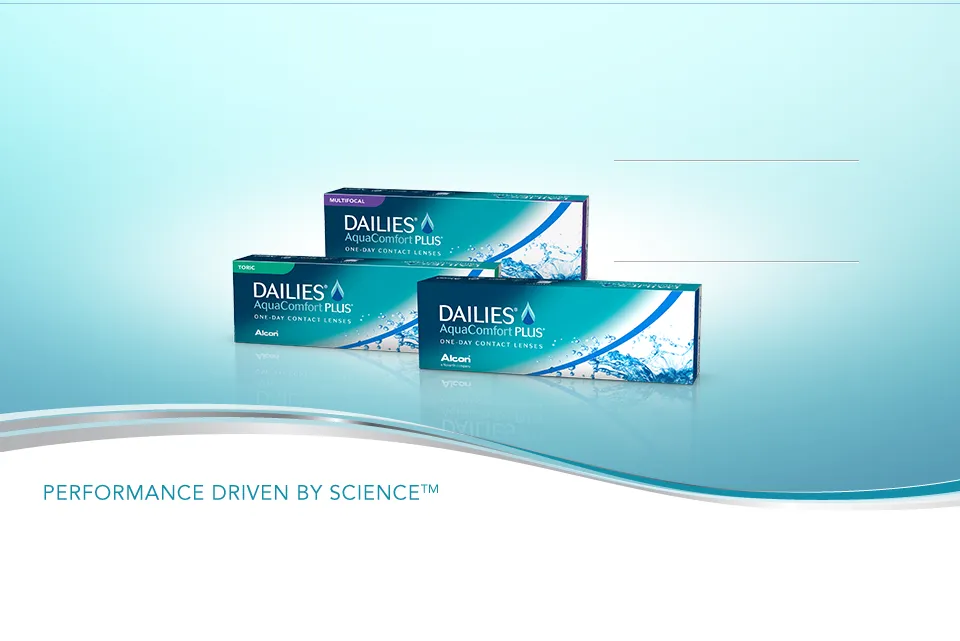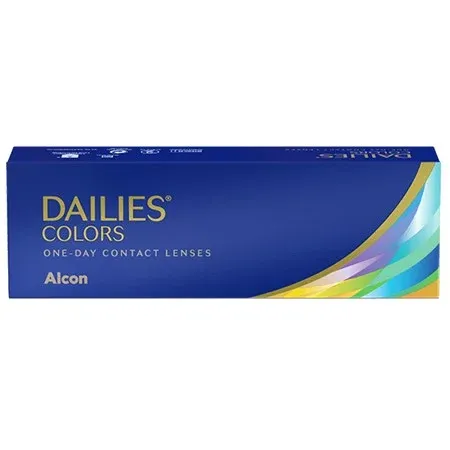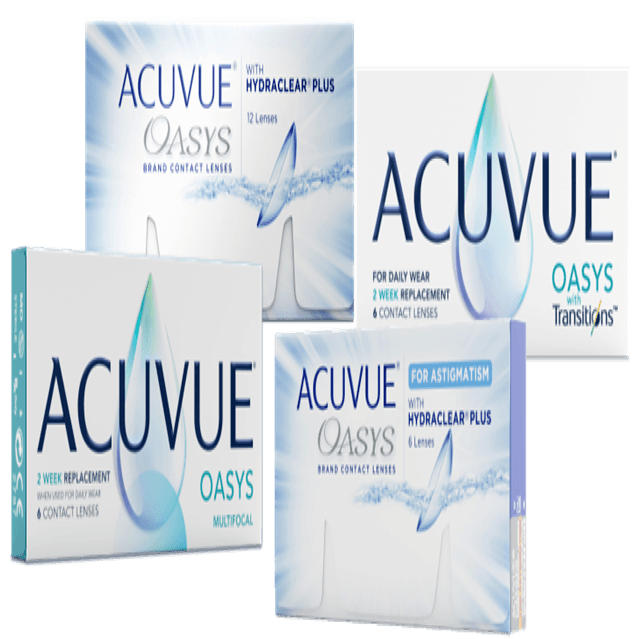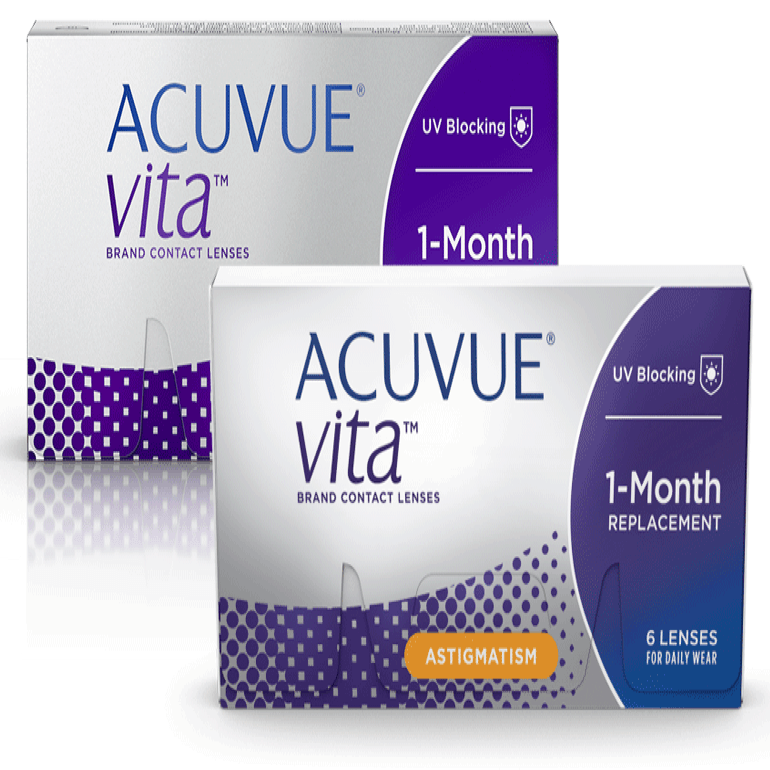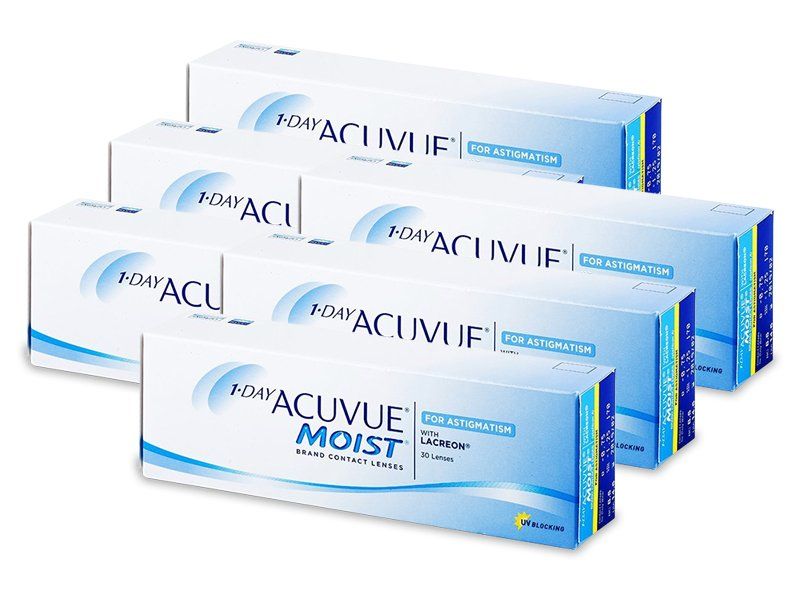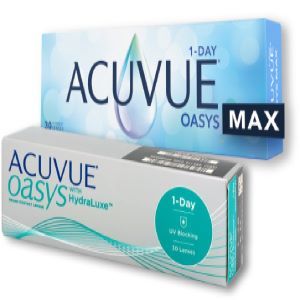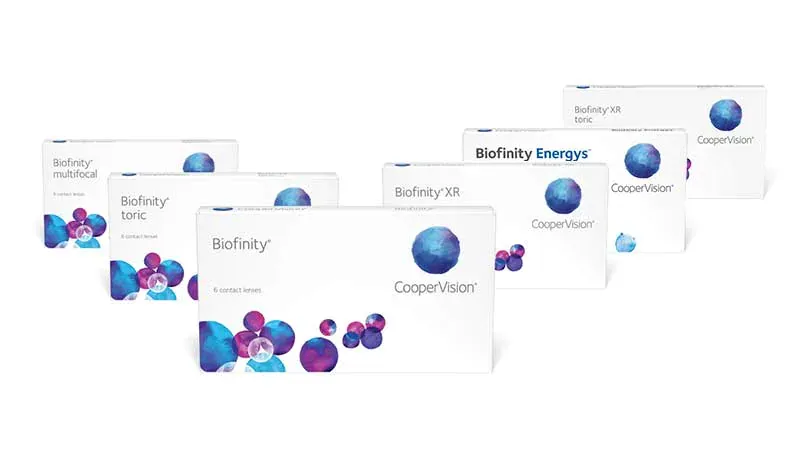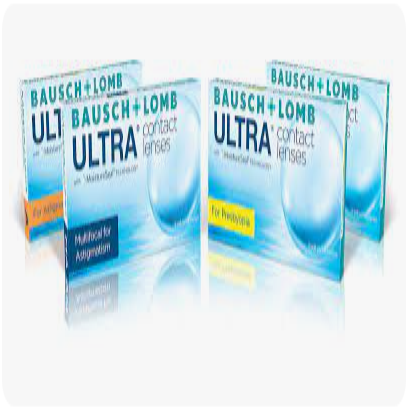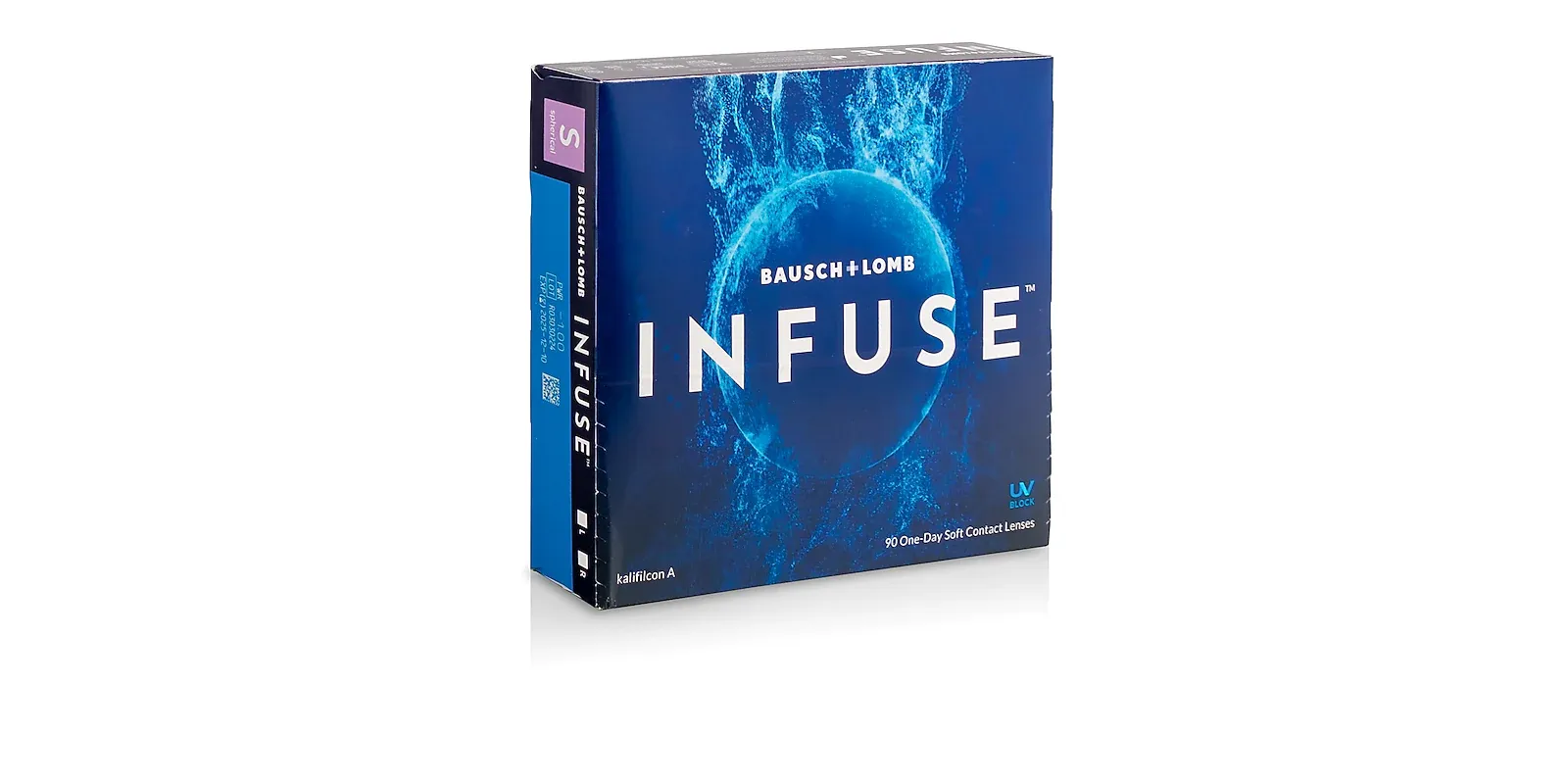EYE EXAMS
Primary Vision Care
Getting regular eye examinations is an important part of your overall health care, but many men and women overlook scheduling vision care checkups with an optometrist. Routine eye exams play an important role in preventative eye care. Not all ocular diseases present with obvious symptoms. Early diagnosis and management of eye problems are important for maintaining good vision.
What does a routine eye exam include?
Quality eye care involves more than a quick exam. A routine vision exam can detect eye diseases at an early stage, identify patients who may be susceptible to vision problems as they get older, and even uncover undiagnosed illnesses that aren’t directly related to vision.
Primary Vision Care includes:
- Educating patients about maintaining and promoting healthy vision
- A comprehensive vision exam
- Screening for eye diseases or conditions without symptoms
- Performing refractive tests to determine if a patient needs prescription lenses
- Creating a treatment plan to treat eye conditions or diseases
- Determining if specialized care is needed
Specific eye care needs vary depending on the age of the patient. Children younger than the age of 5 should be screened for common childhood problems. Our Pediatric doctor in the office can see children as young as 6 months.
How long does a routine eye exam take?
Comprehensive eye exams for adults typically take about 30 to 45 minutes and involve a series of evaluations made by an eye doctor. Before the exam begins, the doctor or another member of the team asks about your medical history, your history of vision care, and if you have any current vision concerns.
How often should you have an eye exam?
Adults and children are recommended to have an annual eye exam every year to make sure eye health is in good shape.
Contacts
01 Contact Lens Exam & Evaluation
Whether you are considering wearing contact lenses for the first time or if you are looking for the latest technology, we will help you maximize your comfort and vision. We fit contact lenses for every type of person and lifestyle. Even children who are ready for contact lenses can be fitted into them.
Daily disposable contact lenses are the ultimate inconvenience and are one of the healthiest options for your eyes. There is no need to clean them; just replace them after each use. They are also ideal for traveling because you do not need to bring contact lens solutions or cases, and you always have spare pairs. We recommend daily disposable lenses for many of our patients who experience dryness or discomfort.
Contact lenses are healthy to wear, require very little maintenance, and allow for freedom from glasses. A contact lens eye health evaluation is performed annually to evaluate for complications associated with contact lens usage. Improper usage of contact lenses can lead to increased risks for eye infections and inflammation. You can prevent many of these problems through proper maintenance and evaluations regularly.
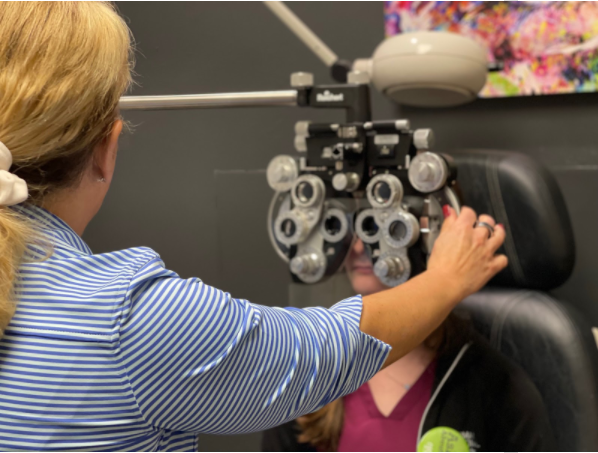
02 Contact Lens Fitting
After the initial exam, we move on to contact lens fitting. During the fitting, we take a detailed account of the shape of your eyes and identify key measurements like pupil size and corneal curvature. This helps us find the ideal contacts to fit your eye shape, especially if you have astigmatism or an irregular cornea.
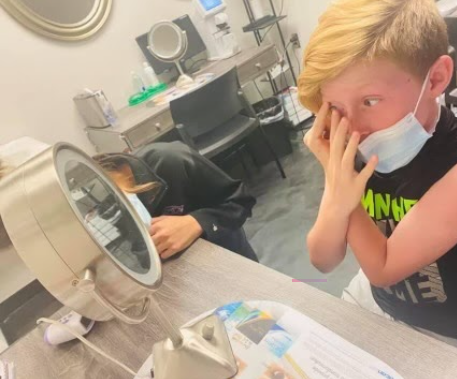
03 Contact Lens Trials
With the contact lens exam and fitting complete, we will have a comprehensive understanding of which contact lenses will work best for you. We’ll give you a trial pair of lenses to wear and teach you how to insert and remove them if you’re a new contact lens wearer. If you find the contacts clear and comfortable after the trial period, we’ll order a supply of lenses for you. If the trial pair isn’t quite right, we will address your concerns until we find the proper contact lenses for your needs.
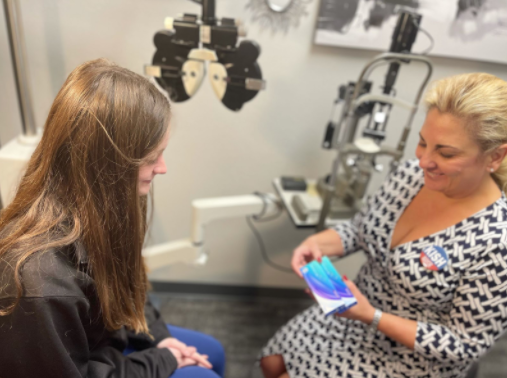
What your specialty lens mean
Toric Contact Lens
Toric contact lenses are specialty lenses designed to provide increased stability and clarity for patients with astigmatism or irregularly-shaped eyes. Depending on the brand of toric lens, the contact lens will vary in weight or thickness around the edges. This helps to prevent the lens from rotating when you blink.
Bifocal Contact Lens
Bifocal contact lenses work similarly to bifocal glasses. They contain two prescriptions, one for distance vision and one for near vision. This is usually achieved with concentric rings of different prescriptions at a distance or immediate center. The dual prescriptions are often a good fit for patients with presbyopia, a common side effect of aging that causes difficulty focusing on close objects.
Colored & Cosmetic Lens
Whether for special occasions or everyday wear, it’s best and highly recommended to only get colored or cosmetic contact lenses from your optometrist. Improperly fitted cosmetic lenses can cause corneal scratches, ulcers, and infections, as well as dry eyes, as colored lenses tend to be less breathable. We can ensure the proper fit with a contact lens exam and fitting, then supply you with the appropriate colored lenses containing your prescription.
RGP'S
Rigid Gas Permeable Lenses
More than 37 million Americans wear contact lenses, yet many people are unfamiliar with GP contact lenses.
Gas permeable (GP) contact lenses, also known as rigid gas permeable (RGP) lenses, are hard contact lenses made of silicone-containing compounds that allow oxygen to pass through the lens material to the eye.
GP contacts are made of a firm, durable plastic that transmits oxygen.
They offer excellent eye health: because they don't contain water as soft lenses do, they resist deposits and are less likely than soft contacts to harbor bacteria.
GP contact lenses clean and disinfect quickly, don't dehydrate, are easier to handle, and last longer than soft lenses.
